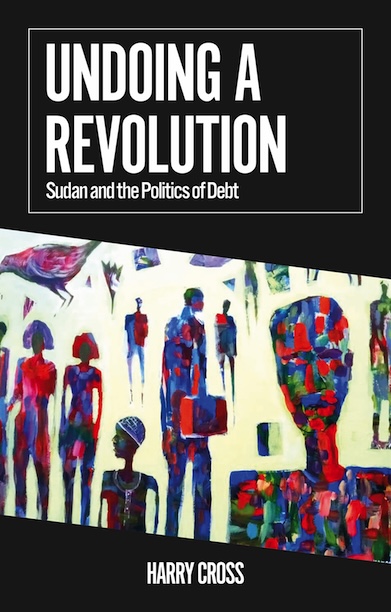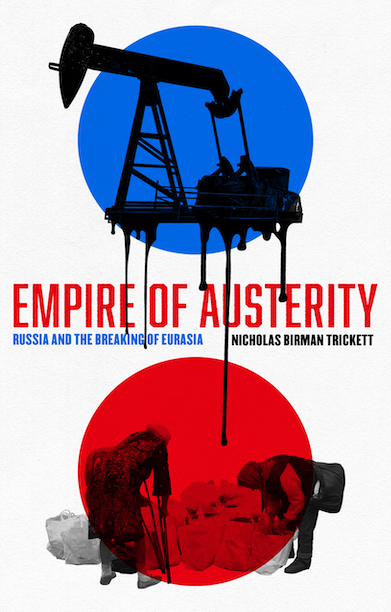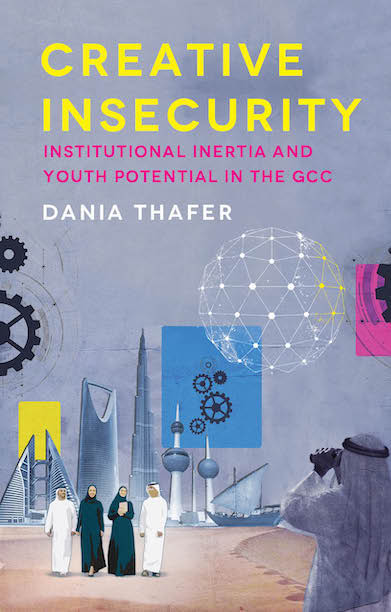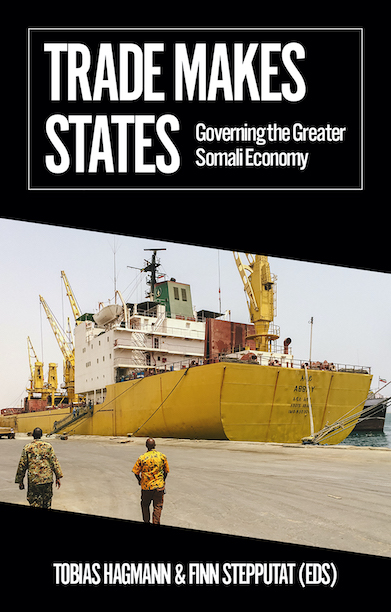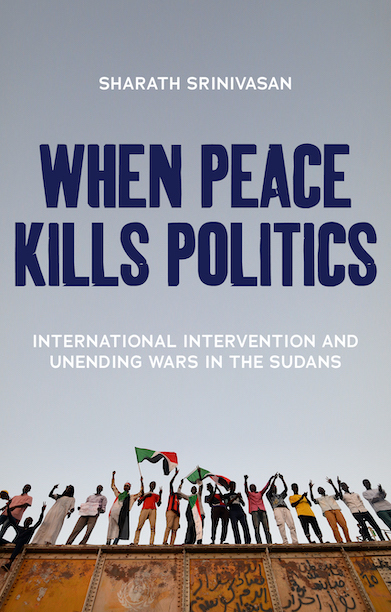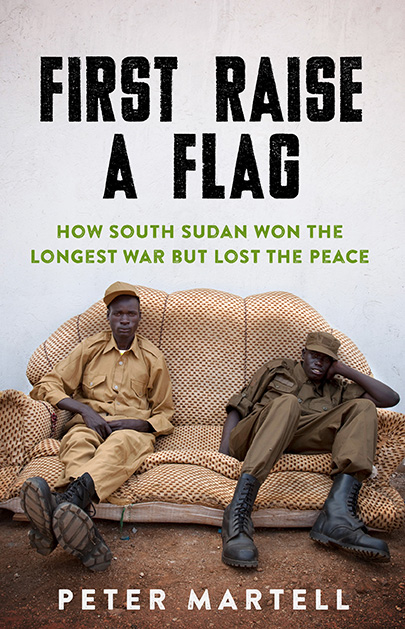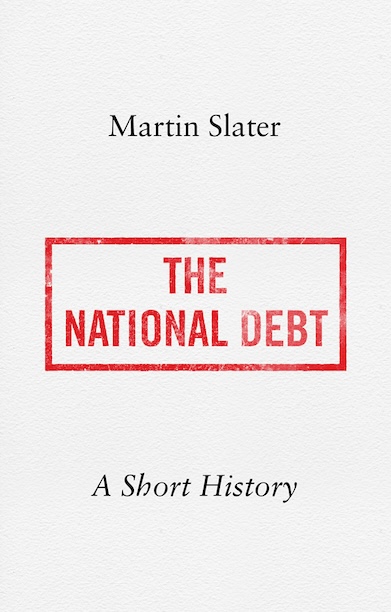Undoing a Revolution
Sudan and the Politics of Debt
Part of the African Arguments seriesReveals how international finance has kept its grip in post-independence Sudan.
Description
In 2019, a people’s revolution ended the thirty-year reign of Sudan’s military president Umar al-Bashir. A transitional government took power, led by esteemed international economist Abdalla Hamdok and promising a return to civilian rule. But Sudan’s new government quickly imposed a shock therapy programme of cuts, privatisations and devaluation, following the diktat of foreign lenders. In 2021, as Sudan grew poorer, the army seized on popular discontent to launch a coup, burying hopes for a democratic transition. But why did Sudan’s first civilian government in more than a quarter-century bend to the will of creditors at this crucial moment in the country’s history? The answer lies in an unwieldy and unpayable debt burden that has long constricted Sudanese politics and society.
Undoing a Revolution narrates the history of sovereign debt in Sudan from independence to the present, revealing the innovative policies adopted by Sudanese governments to manage their place in the global economy. But it also shows how external actors have leveraged the power of debt to impose their will and wreak havoc. With Sudan embroiled in civil war since 2023, Harry Cross explores the political implications of sovereign debt for states and societies across Africa, and around the world.
Reviews
‘Brilliantly analyses the links between national politics in Sudan and financial markets in the West. The author excellently weaves together Sudan’s tumultuous realities, past and present. One of the most refreshing books on Sudan I’ve read.’ — Munzoul Assal, Senior Researcher, Chr. Michelsen Institute, and co-editor of Multidimensional Change in Sudan (1989–2011)
‘Cross’s persuasively written account foregrounds Sudan’s experience of economic shock doctrines, and exposes the role of there-is-no-alternative economists, international financial institutions and their state and corporate backers. A must-read for scholars and activists getting to grips with Sudan’s crisis.’ — Edward Thomas, Fellow of the Rift Valley Institute, and author of South Sudan: A Slow Liberation
‘Undoing a Revolution makes a novel argument that Sudan’s democratic transition was undermined by international and domestic policymakers. A highly original work.’ — Alden Young, Associate Professor of History, Yale University, and author of Transforming Sudan: Decolonization, Economic Development, and State Formation
‘A story of how sovereign debt, poor economic policy, external private creditors’ interests and the predatory nature of a shifting global financial architecture sealed Sudan’s postcolonial trajectory in perpetual subordination to outside interests.’ — Raga Makawi, co-author of Sudan’s Unfinished Revolution
Author(s)

Harry Cross specialises in the economic and financial systems of contemporary Sudan. He has taught at Prince Mohammad bin Fahd University in Saudi Arabia, and the University of Liverpool. Currently working on the response to Sudan’s civil war for the research charity Impact, he holds a doctorate from Durham University.
